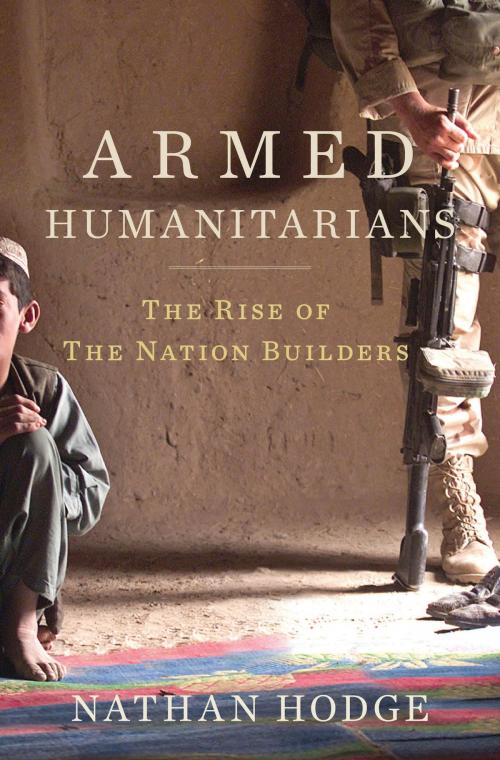Armed Humanitarians
The Rise of the Nation Builders
Nonfiction, Social & Cultural Studies, Political Science, International, International Relations| Author: | Nathan Hodge | ISBN: | 9781608194452 |
| Publisher: | Bloomsbury Publishing | Publication: | February 15, 2011 |
| Imprint: | Bloomsbury USA | Language: | English |
| Author: | Nathan Hodge |
| ISBN: | 9781608194452 |
| Publisher: | Bloomsbury Publishing |
| Publication: | February 15, 2011 |
| Imprint: | Bloomsbury USA |
| Language: | English |
In May 2003, President George W. Bush declared victory in Iraq. But
while we won the war, we catastrophically lost the peace. Our failure
prompted a fundamental change in our foreign policy. Confronted with the
shortcomings of "shock and awe," the U.S. military shifted its focus to
"stability operations": counterinsurgency and the rebuilding of failed
states. In less than a decade, foreign assistance has become
militarized; humanitarianism has been armed.
Combining recent history and firsthand reporting, Armed Humanitarians
traces how the concepts of nation-building came into vogue, and how,
evangelized through think tanks, government seminars, and the press,
this new doctrine took root inside the Pentagon and the State
Department. Following this extraordinary experiment in armed social work
as it plays out from Afghanistan and Iraq to Africa and Haiti, Nathan
Hodge exposes the difficulties of translating these ambitious new
theories into action.
Ultimately seeing this new era in foreign
relations as a noble but flawed experiment, he shows how armed
humanitarianism strains our resources, deepens our reliance on
outsourcing and private contractors, and leads to perceptions of a new
imperialism, arguably a major factor in any number of new conflicts
around the world. As we attempt to build nations, we may in fact be
weakening our own.
Nathan Hodge is a Washington, D.C.-based writer
who specializes in defense and national security. He has reported from
Iran, Iraq, Afghanistan, Russia, and a number of other countries in the
Middle East and former Soviet Union. He is the author, with Sharon
Weinberger, of A Nuclear Family Vacation, and his work has appeared in Slate, the Financial Times, Foreign Policy, and many other newspapers and magazines.
In May 2003, President George W. Bush declared victory in Iraq. But
while we won the war, we catastrophically lost the peace. Our failure
prompted a fundamental change in our foreign policy. Confronted with the
shortcomings of "shock and awe," the U.S. military shifted its focus to
"stability operations": counterinsurgency and the rebuilding of failed
states. In less than a decade, foreign assistance has become
militarized; humanitarianism has been armed.
Combining recent history and firsthand reporting, Armed Humanitarians
traces how the concepts of nation-building came into vogue, and how,
evangelized through think tanks, government seminars, and the press,
this new doctrine took root inside the Pentagon and the State
Department. Following this extraordinary experiment in armed social work
as it plays out from Afghanistan and Iraq to Africa and Haiti, Nathan
Hodge exposes the difficulties of translating these ambitious new
theories into action.
Ultimately seeing this new era in foreign
relations as a noble but flawed experiment, he shows how armed
humanitarianism strains our resources, deepens our reliance on
outsourcing and private contractors, and leads to perceptions of a new
imperialism, arguably a major factor in any number of new conflicts
around the world. As we attempt to build nations, we may in fact be
weakening our own.
Nathan Hodge is a Washington, D.C.-based writer
who specializes in defense and national security. He has reported from
Iran, Iraq, Afghanistan, Russia, and a number of other countries in the
Middle East and former Soviet Union. He is the author, with Sharon
Weinberger, of A Nuclear Family Vacation, and his work has appeared in Slate, the Financial Times, Foreign Policy, and many other newspapers and magazines.















